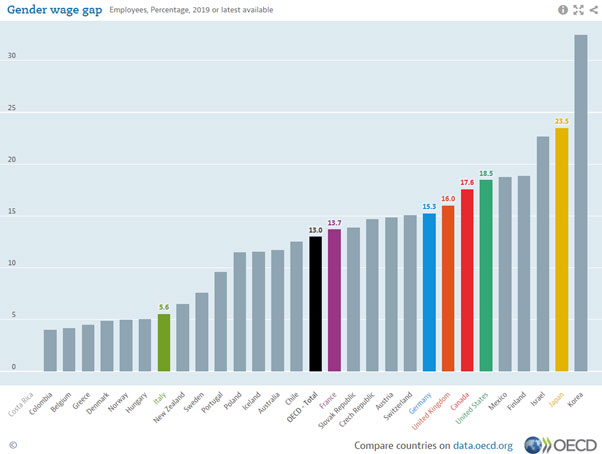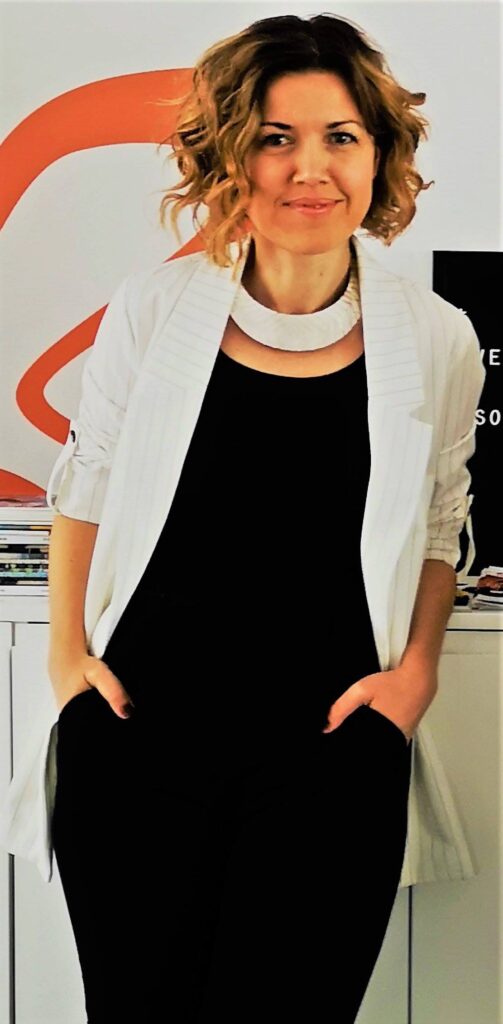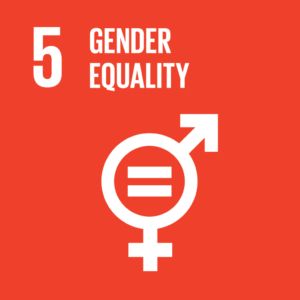
“My life was narrated for me by others. Their voices were forceful, emphatic, absolute. It had never occurred to me that my voice might be as strong as theirs.”
― Tara Westover, Educated
Author: Samira Nuhanović, PhD
Chief Operating Officer at Softhouse Balkans
Men and women are different. We are different biologically, our bodies differ sexually and reproductively, men are generally considered to be physically stronger than women. Back in the day when physical strength was necessary to ensure the survival of the species this meant that a lot of power resided in men simply due to this genetic lottery. And if history has taught us anything it is that power tends to corrupt. Rare are those that interpret the ability to influence others and set the order of society as a responsibility and not a free pass to do as they please. It is no wonder that throughout history, this gender-laden disbalance was kept in place through institutional, cultural and religious structures that solidified and reinforced the order that somehow valued men more than women. But our species no longer depends on physical strength for its existence and yet we still entertain the very same structures that keep pointing towards one conclusion: despite all the efforts, one gender’s contribution to society is valued more than the other. It is rather frustrating that in 2020 we are still producing thousands and thousands of pages of reports to show just how wrong this is, as if that is not clear by itself. Reading through those reports you will notice that the magnitude of the problem is not the same in all corners of the world, but the trend is. The pay gap has been a persistent problem that no number of legal tools or frameworks seem to be able to rectify. Why is that?
There are several ways to write about this issue but there is not one way to remain emotionally distant when seeing the facts and not to feel disappointed in our collective efforts when understanding the narratives that sustains these gruesome numbers. To answer my own question, I decided to write in short chunks each illustrating just one of many pieces of this puzzle: The Facts, The Brain, The Choice, The Little Men.
The Facts or Why We Are Reading Them the Wrong Way
The official and the most reliable data on the pay gap between genders is provided by the International Labour Organization (ILO). According to its reports, the pay gap currently stands at around 20% globally, with the 13% among the OECD countries. Let us travel around the globe a bit to see what these number look like in different countries.
In the US, the pay gap is astonishingly high, averaging at around 20%, with Hispanic and African American community being especially hit by this trend. Every year, the National Committee on Pay Equity selects a date to raise awareness about the pay disparities among genders and also specifically between different ethnic groups. This year, the date selected was 31st of March to signify how long into the year American women must work to earn the same salary that men earned in 2019. For women in Yemen this day would be in May, for Mali women in June. Calculated for the last year, with around 16% disparity in pay, women across the EU stop getting paid for their work on November 4th. After Estonia and Czech Republic, the disparity is the greatest in Germany. What do these numbers mean and why are we overlooking a far deeper issue here?
The pay gap is not simply a story about wage difference but a symptom of a heinous disease that has been staring at us for longer than we’d like to admit. The numbers only tell the story of those women who get a chance to have a paid employment. But what about those unaccounted for? What about the endless hours of unpaid house work or long working days in informal economy, often under inhumane conditions? We also tend to overlook the fact that women seem to end up or consciously select to partake in industries and sectors that are lower paid generally. So, we stare at the problem defined by the official numbers while staying almost completely ignorant of the larger issue looming outside the official statistics. Many women are still invisible.

This limited participation in paid employment has been fuelled by numerous narratives and expectations attached to what it means to be a woman or a man in this day and age.
The Brain or the Ownership Curse
What ages of studying the psychological set up of human beings revealed to us is that physical strength is just one part of the survival arsenal, and one that no longer holds the same value as before. Other parts that are far more valuable in the 21st century include the brain power and the ability to experience authentic connection to other human beings, inter alia – and these are not gender specific. There are no underlying conditions that would, in any twisted way, justify devaluing the opinions, advice or professional contribution of women. Yet, many of them, despite their brilliant intellectual abilities and highly developed emotional intelligence, seem to be hitting the corporate glass ceiling.
If brain power is about access to education, then we need to look into the function of education. For a very long time, I thought that getting better education is something that will warrant a more financially stable future. A simple, straightforward relationship. While that may be the case, the actual function of proper education is far deeper. It is an ability for self-creation one acquires through understanding and practicing critical evaluation of the inner and outer worlds. Why does this matter for girls specifically? Because in highly patriarchal societies like our own, we are taught that someone smarter, more experienced, usually the man of the family, will tell us the outermost limitation of our dreams, how far we can go, how high we can fly. And the freedom of choice in this context is only admitted in as much as it fits within the men’s perception of the role of women. The ambitious among us tend to be reminded that while it is nice and praiseworthy that we are pursuing education, we need to be mindful of the fact that we have to become wives and mothers and we do not have to have PhDs. The brave ones who dare to break this chain of ownership over their brains pay a high price. If they are not willing to pay it and would rather keep the attachment to the wise ones in the family, then they most certainly lose their sense of authenticity. And this leads to the next generator of the pay gap symptom: the choice, or the lack thereof.
The Choice or the Source of Ultimate Equality
United Kingdom and Brazil are countries known worldwide for their absolute obsession with football or soccer. But from 1921 to 1971, and from 1941 to 1979, the women of the UK and Brazil respectively were barred from playing this sport as it was deemed “unsuitable” for women. And yes, it is allowed and normal for women to play football today, but female football players are still underpaid compared to their male counterparts. From football to science to leadership positions, if it is allowed, accepted or not frowned upon for women to take part, then the level playing field is definitely not the same. And this got me thinking – what is it that gives power to anyone regardless of gender? The choice to do with oneself as one sees fit. Having a choice, having a clear, non-consequential ability to move to an alternative setting, either in your personal or professional life, is what will make this a different kind of game. Many women accept the realities of their lives simply because there is no other alternative. And so we end up repeating the cycles of utter dependence on the unfair system.
While it is important to change the laws and alleviate structural barriers to equality, it is critical that we take this battle elsewhere at the same time. Our families, our schools and pre-schools, our every-day interactions.
We all walk through life playing many different roles. Often times, we do this fully unaware that we came to internalize, both through upbringing and socialisation, the tendency to fulfil the expectations attached to these roles. The moment this realization kicks in, the mind begins to wonder about the true essence of our choices. There are families and societies where this is a safe zone, a healthy questioning of one’s identity. But there are also those where, if and when you decide to defy the expectations, the worlds around you (sometimes inside you too) start to crumble. The chain breaker. That is the term I came across recently that speaks about a person who decides to break away from the “known ways” of how things were done, to thread the uncharted territories of our social and cultural realms whether it is choosing a career that is seen as unsuitable, a partner who is for some reason unacceptable, or perhaps choosing not to be a mother. Interestingly enough, the text that described the concept made reference to women specifically. There are many chains to be broken.
The Little Men
But the women should not do it alone. When in 2012 I learned that I was pregnant with a boy, I was ever so slightly disappointed. I have always dreamt of having a girl, of raising a strong woman. Until I realized that the best way to have more strong women in the future is to raise good, strong men. The little men of today will be just as responsible for the future of our girls as the girls themselves.
This year, as we are about to mark for the first time the International Equal Pay day on September 18th, we should remember that this is not a celebration, it is not about pay gap alone. It is about the message transcribed in the disparity that we accept to live with. To me, marking this day is a warning that we need to move away from demanding just a place at the table towards reimagining the table together, both genders involved, so that it can fit all those that today cannot come even close to it.
About the Author
Samira Nuhanović is Chief Operating Officer at Softhouse Balkans.

Samira Nuhanović has joined the team at Softhouse Consulting in June 2019 as the Chief Operations Officer for its Sarajevo office. Prior to that, Samira has worked for over twelve years with international and local non-government organizations in various capacities including advising roles and project team lead positions mainly in the areas of entrepreneurship support and youth development.
Samira holds a PhD in cooperative economics from the University of Trento in Italy and European Research Institute on Cooperative and Social Enterprises and an MPhil in International Relations from the University of Cambridge, UK. In terms of her academic research, she focuses mainly on topics in the fields of organizational change, social innovation and social and solidarity economy.
She authored and co-authored several scientific articles and book chapters of which the most notable is her contribution to the Oxford Handbook of Mutual, Co-operative and Co-owned Businesses. In the beginning of 2019, as a result of her professional fellowship with a Chicago based company, Samira launched an initiative in Bosnia that is focused on providing children and young adults with tools to discover their strengths and work towards turning them into their labor market super powers.




